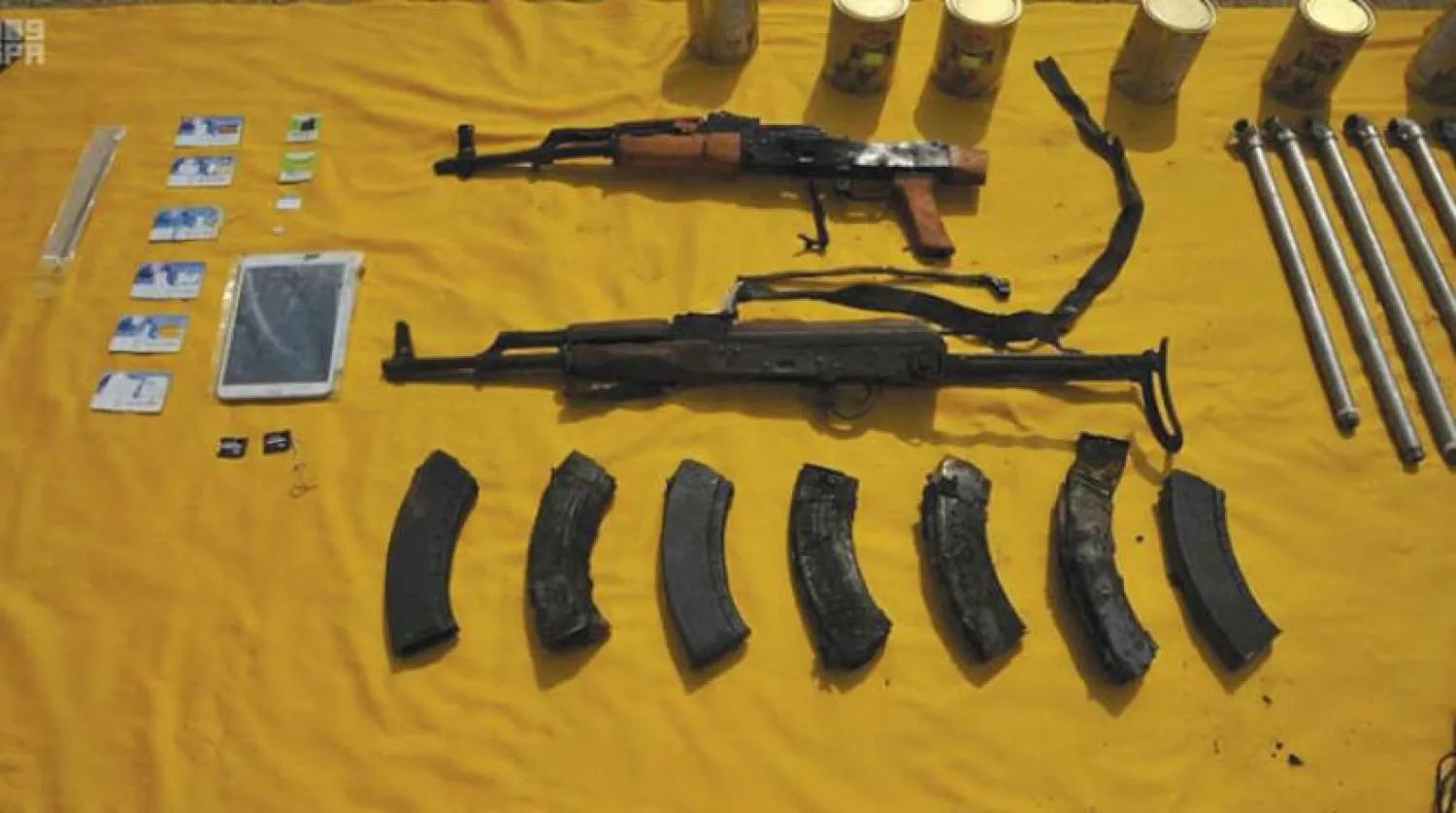A Saudi court issued on Sunday death and prison sentences against members of an ISIS terrorist cell that had plotted to attack worshipers at the Prophet’s Mosque in Madinah in 2017.
The court sentenced to death three Saudi members of the Harazat terror cell in Jeddah. It also sentenced six others for their involvement in several crimes, including supporting the ISIS terror group. They were condemned for plotting to kill civilians and security forces and bombing their headquarters.
Five of the defendants who were handed prison sentences are Saudi nationals and the sixth is an Arab. Their sentences ranged from five to 25 years in jail. Once they complete their sentence, the Saudis will be barred from leaving the Kingdom, while the Arab will be deported.
All the accused were convicted of joining ISIS and forming a terrorist cell. They were found guilty of surveilling the movement of security forces protecting food containers in Madinah with the purpose of plotting attacks.
They also planned on attacking the Turkish and Iranian consulates and residents from Brazil, Venezuela and Britain. They were also found guilty of possessing and buying explosives to carry out their plot, as well as harboring fugitives.
The Harazat cell included Khalid al-Sarwani and Nadi al-Enezi, who blew themselves up in 2017 during a security raid on the rest house they were hiding at and that they were using to manufacture their explosives.
Sarwani had been involved in terrorism since 2008.
The Harazat cell was involved in terrorist attacks between 2015 and 2017. It was linked to the attack on the yard of the Dr. Soliman Fakeeh Hospital in Jeddah and the Prophet’s Mosque bombing that left four members of the security forces dead and five others wounded.









